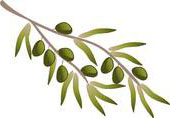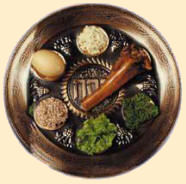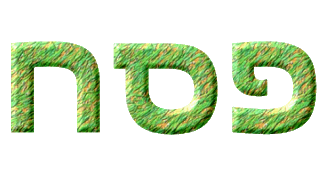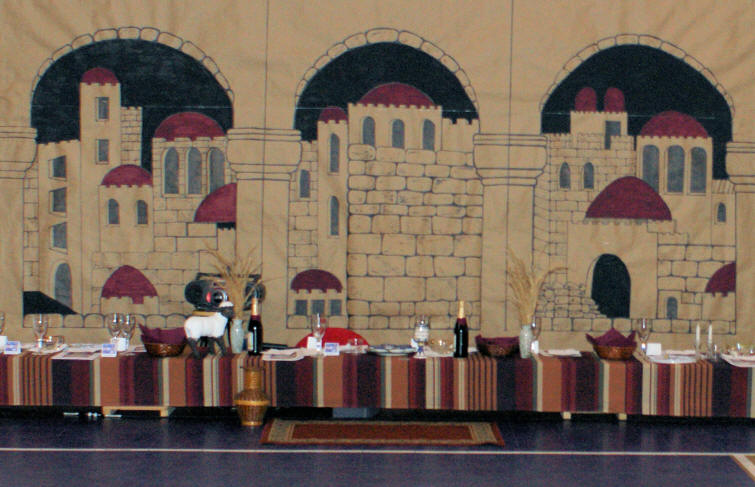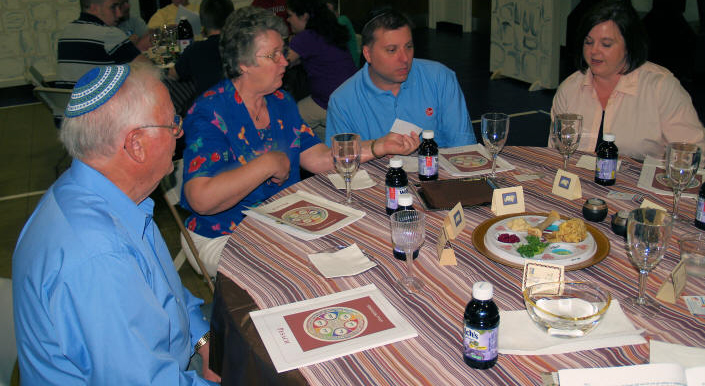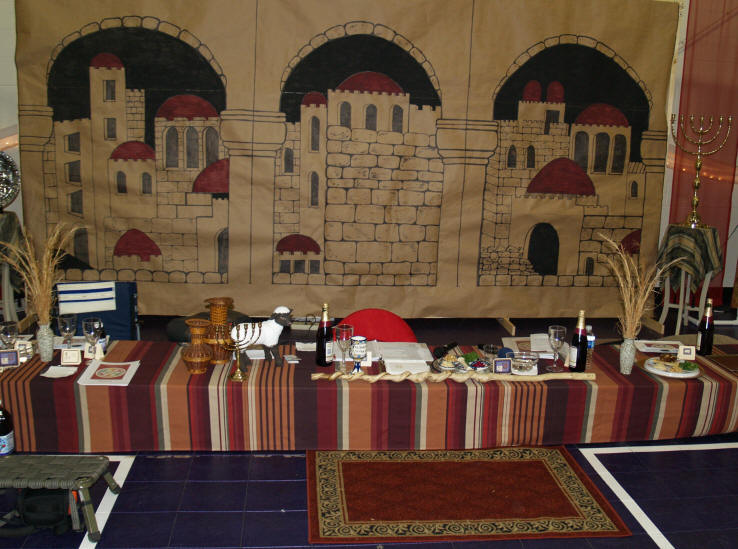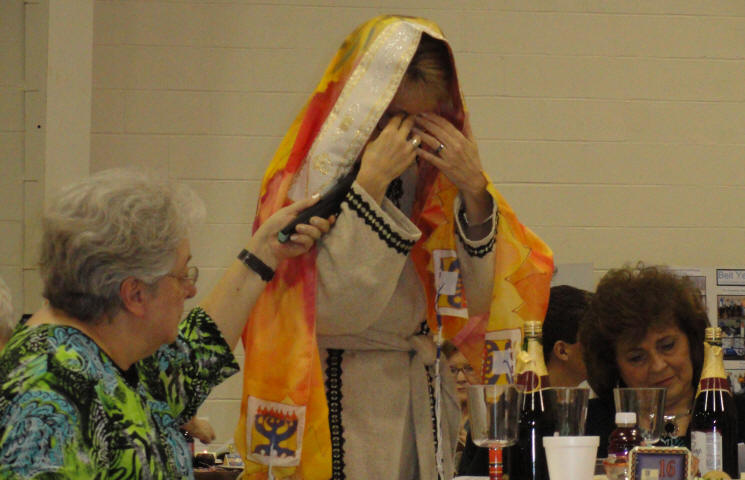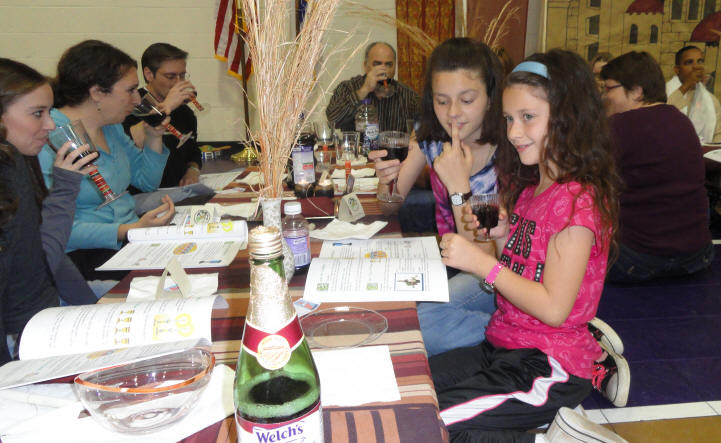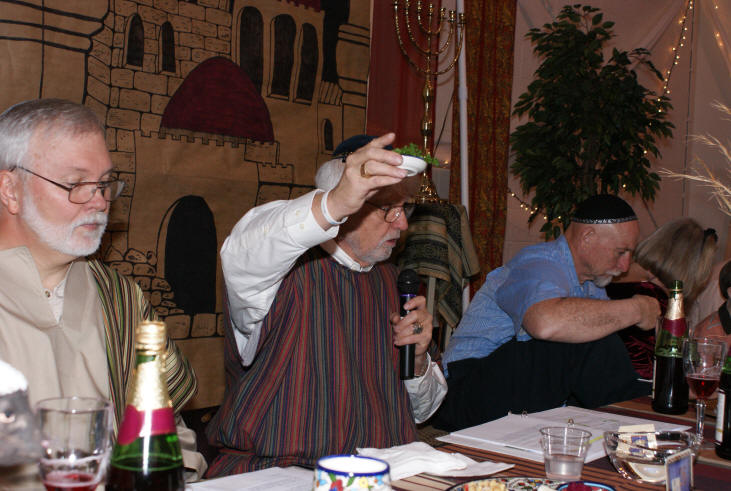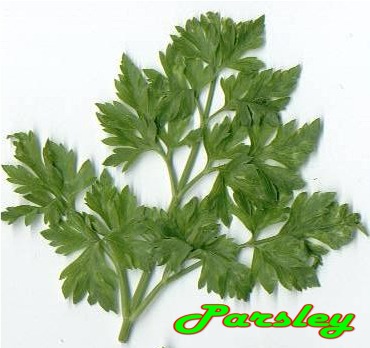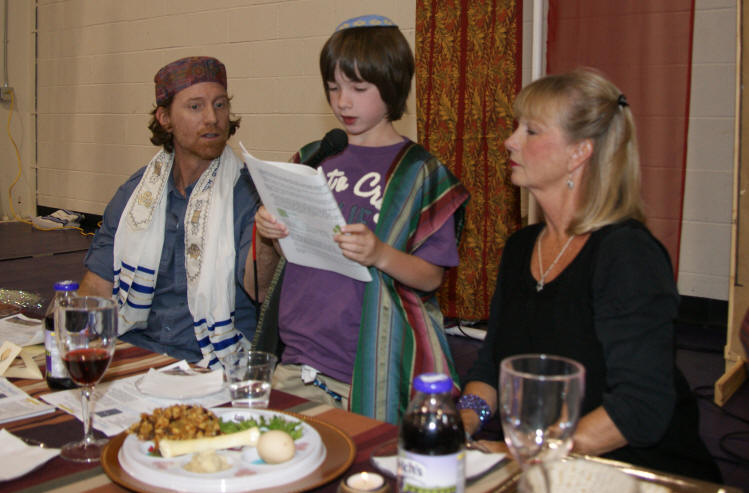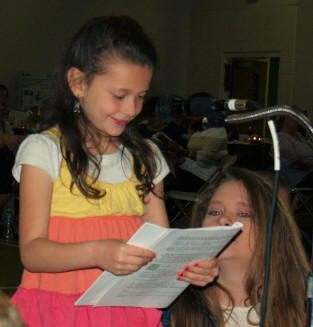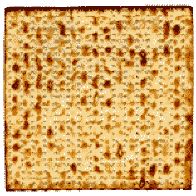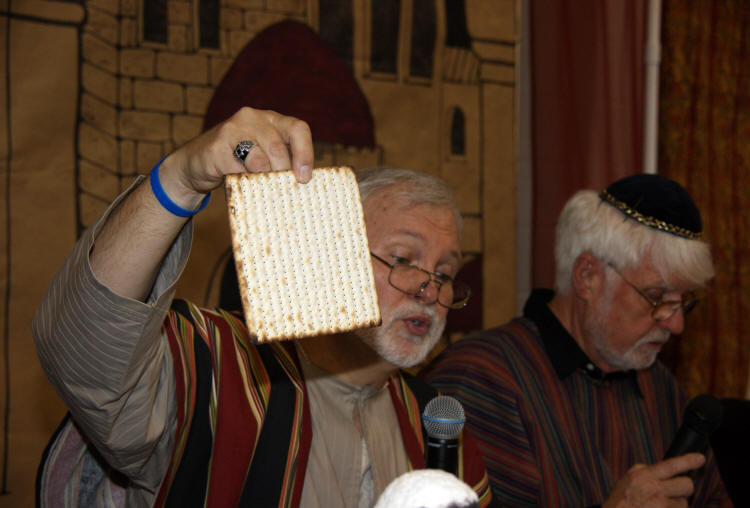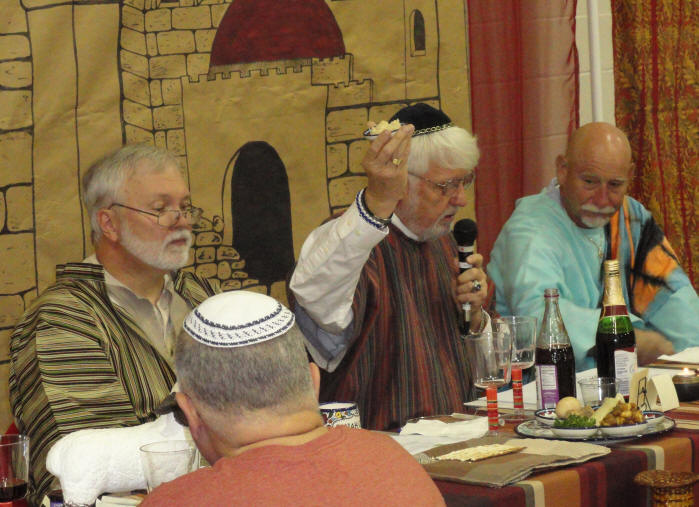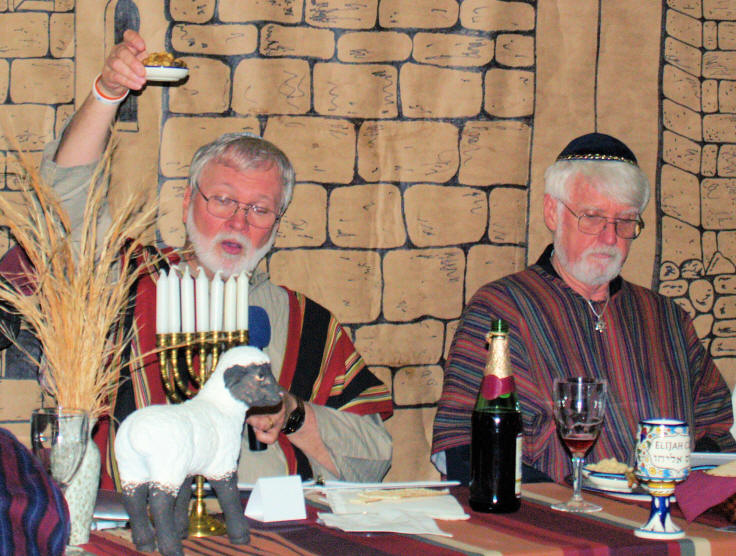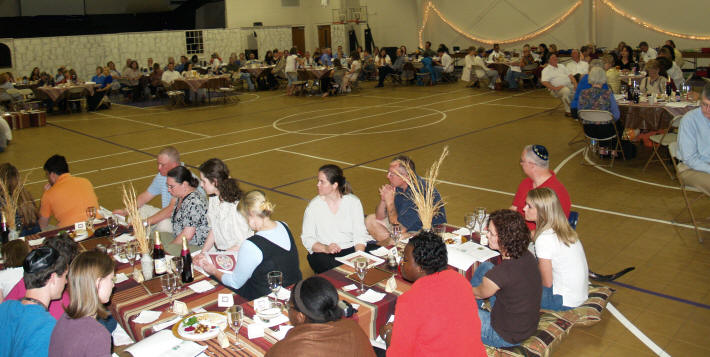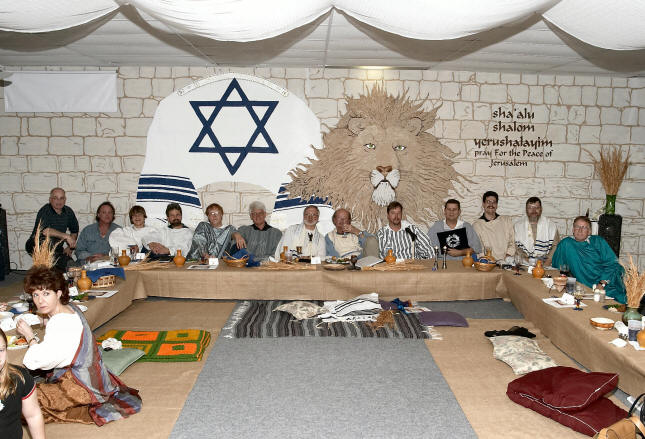Beit Yeshua
& Machol
Pesach
Yeshua &
Pesach
The
Haggadah
The Seder
Meal
Festival
Candles
The 4
Cups
1. Sanctification
2. Judgment
3. Redemption
4. Praise
Karpas
The Four
Questions
Three
Matzot
Maror
Bitter Herbs
Kharoset
The
Prophet
Elijah
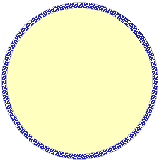
Beit Yeshua
Pesach
Celebrations
2016
Covenant Bible
Church
2015
Covenant Bible
Church
2014
Covenant Bible
Church
2013
Covenant Bible
Church
2012
Covenant Bible
Church
2011
Covenant Bible
Church
2010
Covenant Bible
Church
2009
Covenant Bible
Church
2008
Covenant Bible
Church
2007
Covenant Bible
Church
2006
The River
2005
Greg & Linda's
Home
2004
Greg & Linda's
Home
2003
Doug & Lynda's
Home
2002
Curtis & Carolyn's
Home
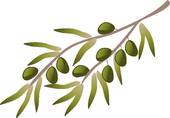
PESACH
"The Feast of Passover"
Pesach / Passover is one of the seven festivals of the Lord, mentioned in Leviticus. It is the first of the Spring festivals, usually occurring in March or April each year. In scripture, this would be Nissan 14.
Pesach was first instituted in Exodus 12. Through Moses, God had commanded that blood from a lamb be smeared on the top lintel and two side posts of the door. At midnight, the LORD passed through and killed the firstborn of all the Egyptians. But when he saw the blood on the lintel and two side posts of the doors of the Jewish homes, the LORD passed over that door and they were spared.
Leviticus 23
4 These are the feasts of the LORD, even holy convocations, which ye shall proclaim in their seasons.
5 In the fourteenth day of the first month at even is the LORD's Passover.
6 And on the fifteenth day of the same month is the feast of unleavened bread unto the LORD: seven days ye must eat unleavened bread.One part of the observance of Pesach is to eat unleavened bread for seven days.
Yeshua (Jesus), himself, participated in the Passover each year.
Matthew 26
17 Now the first day of the feast of Unleavened Bread the disciples came to Jesus, saying unto him, Where wilt thou that we prepare for thee to eat the Passover?Matthew 26
26 And as they were eating, Jesus took bread, and blessed it, and brake it, and gave it to the disciples, and said, Take, eat; this is my my body.
27 And he took the cup, and gave thanks, and gave it to them, saying, Drink ye all of it.
28 For this is my blood of the new testament, which is shed for many for the remission of sins.1 Corinthians 5:7-8
7-8 ... Christ our Passover was sacrificed for us, therefore let us keep the feast ...Haggadah means "the telling." The Haggadah is the booklet that is used to direct the family through the various parts of the Passover Seder.
Leviticus 23
6 And on the fifteenth day of the same month is the Feast of Unleavened Bread unto the LORD: seven days ye must eat unleavened bread.
7 In the first day ye shall have an holy convocation: ye shall do no servile work therein.
14 ... it shall be a statute for ever throughout your generations in all your dwelling.The Seder meal is the main part of the Pesach observance.
The Seder meal includes (1) telling the story of the first Passover and God's deliverance of the Jewish people from Egypt, (2) drinking 4 cups of wine, (3) eating matzah/unleavened bread, (4) eating bitter herbs, (5) eating kharoset, (6) asking the "Four Questions", and (7) looking for the Prophet Elijah.
What foods are Kosher For Passover?
CLICK HEREFestival candles are lit on the first and last nights of Pesach.
Baruch Atah Adonai Eloheynu Melech ha'olam, asher kidshanu bidevaro u'vishmo anachnu madlikim haneyrot shel yom tov. Blessed are You, O Lord our God, Ruler of the universe, who has set us apart by His Word, and in whose Name we light the festival lights.
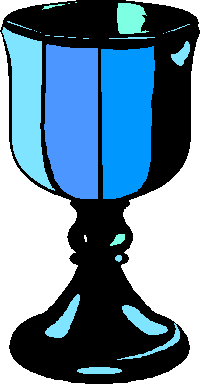


There are four cups of wine drunk during the Pesach/Passover Seder meal - based on the scripture from Exodus 6. Exodus 6:6-7
Say therefore to the people of Israel, ‘I am the LORD, and I will bring you out from under the burdens of the Egyptians, and I will deliver you from slavery to them, and I will redeem you with an outstretched arm and with great acts of judgment. I will take you to be my people, and I will be your God, and you shall know that I am the LORD your God, who has brought you out from under the burdens of the Egyptians.I. Cup of Sanctification
II. Cup of Judgment
III. Cup of Redemption
IV. Cup of Praise
Baruch Atah Adonai Eloheynu Melech ha'olam borey pri hagafen. Blessed are You, O Lord our God, King of the Universe, who created the fruit of the vine.
Karpas / Parsley
During Pesach bitter herbs (karpas in Hebrew) such as Parsley are eaten as part of the Seder meal.
Baruch Atah Adonai Eloheynu Melech ha'olam borey pri ha'adamah. Blessed are You, O Lord our God, King of the Universe, who created the fruit of the earth.
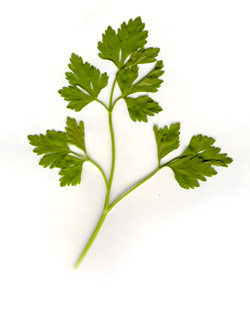
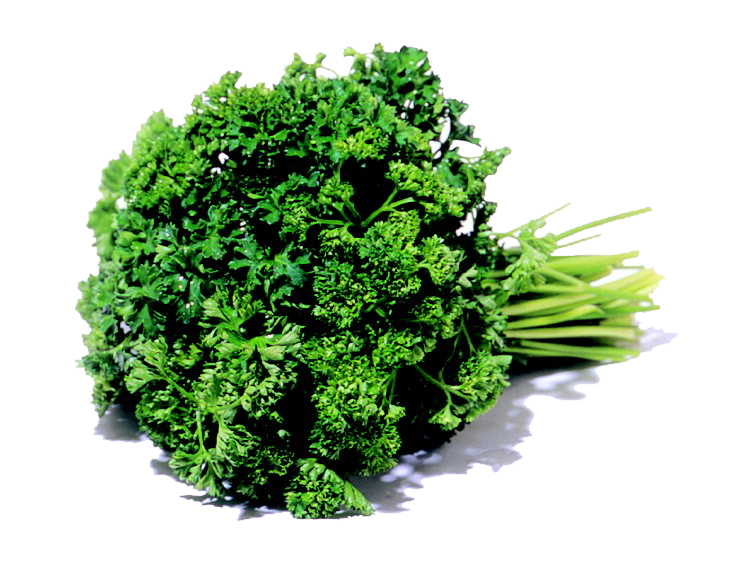
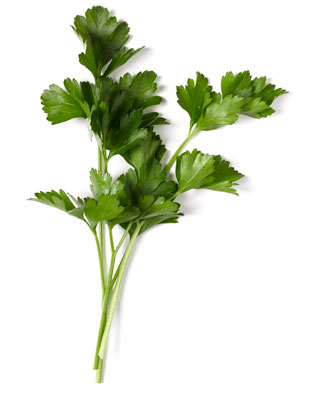
Children are an important part of Pesach and all of the Biblical festivals serve as object lessons to teach children about their Biblical heritage. During Pesach, a young child asks the four questions.
How different this night is from all other nights! 1. On all other nights we eat bread or Matzah.
Why on this night do we eat only Matzah?2. On all other nights we eat all kinds of vegetables.
Why on this night do we eat bitter herbs?3. On all other nights we do not dip our vegetables even once.
Why on this night do we dip them twice?4. On all other nights we eat our meals sitting or reclining.
Why on this night do we eat reclining?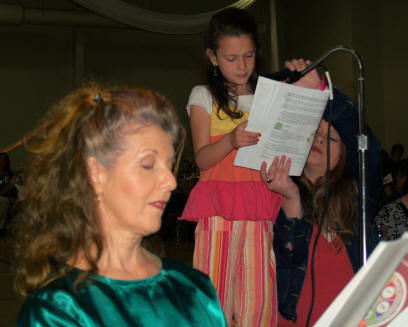
On all other nights, we eat bread with leaven, but on Pesach only unleavened bread is eaten. Unleavened Bread called Matzah (or the plural, Matzot), and is eaten for seven days during the festival.
Leviticus 23
6 And on the fifteenth day of the same month is the feast of unleavened bread unto the LORD: seven days ye must eat unleavened bread.As the children of Israel fled from Egypt, they did not have time for their dough to rise. Instead, the hot desert sun baked it flat, but even more than that, the scriptures teach us that leaven symbolizes sin.
1 Corinthians 5:7-8
Don't you know that a little leaven works through the whole dough? Get rid of the old leaven that you may be a new batch without leaven - as you really are. For Messiah, our Passover lamb, has been sacrificed. Therefore let us keep the feast, not with old leaven, neither with the leaven of malice and wickedness; but with the unleavened bread of sincerity and truth.Three matzot are wrapped together for Pesach. Those of us who know Messiah, can also see in this unique - Yahweh, the Father - Yeshua, and the Ruach ha Kodesh (Holy Spirit) - ECHAD (One)!
In the matzah we can see a picture of Messiah - it is striped and pierced.
Isaiah 53
5 But He was wounded for our transgressions, He was bruised for our iniquities; the chastisement of our peace was upon Him; and with His stripes we are healed.Zechariah 12
10 I will pour upon the house of David, and upon the inhabitants of Jerusalem, the spirit of grace and of supplication; and they shall look upon me whom they have pierced,ka nd they shall mourn for him as one mourns for his only son ...Baruch Atah Adonai Eloheynu, Melech ha' olam, hamotzi lechem min ha'aretz. Blessed are You, O Lord our God, King of the Universe who brings forth bread from the earth. During Pesach we remember how bitter life was for the children of Israel in the land of Egypt. Another bitter herb, horseradish (called Maror), is also eaten during the Seder Meal.
Exodus 1:12-14
So the Egyptians came to dread the Israelites and worked them ruthlessly. They made their lives bitter with hard labor in brick and mortar and with all kinds of work in the fields.Baruch Atah Adonai, Eloheynu Melech ha'olam, asher kidshanu bid-e-varo vet-zi-va-nu al ak-hi-lat maror. Blessed are You, O Lord our God, King of the Universe,
Who has set us apart by His Word and commanded us to eat bitter herbs.Kharoset is a sweet mixture made of apples, honey, wine and nuts eaten at the Passover Seder. Its color and texture are meant to recall the mud which the Israelites used to make bricks when they were enslaved in Ancient Egypt. The word kharoset (or "charoset") comes from the Hebrew word cheres - "clay."
What is the spiritual meaning of eating the bitter herbs and kharoset together? We all have bitter experiences in our lives. The message God is communicating to us is His desire for us to press through the bitterness to experience the sweetness. The horseradish represents the trials and tribulations which come into our lives. Like the horseradish, many trials and tribulations are so bitter they make us cry. If we allow these trials and tribulations to make us bitter toward God, we will never experience the sweetness of God's deliverance for our life. However, if we press through them, with God's help, we will tast and experience the sweetness of His promises contained in His Word to us.
There are many recipes for kharoset throughout the world. Eastern European (or Ashkenazi) kharoset is made from chopped walnuts and apples, spiced with cinnamon and sweet wine. Honey or sugar may be used as a sweetener and binder. The mixture is not cooked.
Sephardi kharoset is a paste made of raisins, figs and dates. Egyptian Jews make it from dates, raisins, walnuts, cinnamon, and sweet wine. Greek and Turkish Jews use apples, dates, chopped almonds and wine. Italian Jews add chestnuts. Some Spanish and Portuguese communities such as the Jews of Suriname, add coconut. I even have an Israeli friend who used bananas in the kharoset for his family Seder.
The Prophet Elijah
There is always an extra place setting at the Pesach dinner table for Elijah the Prophet (Eliyahu Ha'Navi). Toward the end of the Seder meal a young child is sent to the door to see if Elijah has returned. Malachi 4
5 See, I will send you the prophet Elijah before that great and dreadful day of the Lord comes.Elijah did not see death, but was swept up to heaven by a great whirlwind, in a chariot of fire. It is the hope of Jews & Messianic Believers around the world that Elijah would come at Pesach, to announce the Messiah, Son of David. Before the birth of John the Immerser/Baptizer, an angel of the Lord said ... Luke 1
17 And he (John) will go on before the Lord, in the spirit and power of Elijah ... to make ready a people prepared for the Lord.
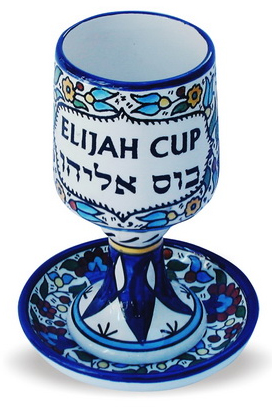
There are several traditional songs sung at Passover including "Dayenu" and "Eliyahu Ha'Navi". "Dayenu" Il-lu Ho-tzi, Ho-tzi-a-nu,
Ho-tzi-a-nu Mi-Mitz-ra-im,
Ho-zi-a-nu Mi-Mitz-ra-im, Dayenu!
(If God had merely rescued us from Egypt, it would have been enough)I-lu Na-tan, Na-tan la-nu,
Na-tan la-nu et ha Torah,
Na-tan la-nu et ha Torah, Dayenu!
(If God would have merely given us the Torah, it would have been enough)Da-da-ye-nu! Da-da-ye-nu! Da-da-ye-nu!
Da-ye-nu, Da-ye-nu! (Repeat)
(It would have been enough)I-lu Na-tan, Na-tan la-nu,
Na-tan la-nu et Ha Aretz,
Na-tan la-nu et Ha Aretz, Dayenu!
(If God had merely given us the land, it would have been enough)I-lu Na-tan, Na-tan la-nu,
Na-tan la-nu et Yeshua,
Na-tan la-nu et Yeshua, Dayenu!
(If God had merely given us Yeshua, it would have been enough)Da-da-ye-nu! Da-da-ye-nu! Da-da-ye-nu!
Da-ye-nu, Da-ye-nu! (Repeat)
(It would have been enough)I-lu Na-tan, Na-tan la-nu,
Na-tan la-nu et Ma-shi-ach,
Na-tan la-nu et Ma-shi-ach, Dayenu!
(If God had merely given us the Messiah, it would have been enough)I-lu Na-tan, Na-tan la-nu,
Na-tan la-nu et Yeshua,
Na-tan la-nu et Yeshua, Da-ye-nu!
(If God had merely given us Yeshua, it would have been enough)Da-da-ye-nu! Da-da-ye-nu! Da-da-ye-nu!
Da-ye-nu, Da-ye-nu! (Repeat)
(It would have been enough)"Eliyahu Ha'Navi" Eli-ya-hu Ha-na-vi,
Eli-ya-hu Ha-tish-bi,
Eli-ya-hu, Eli-ya-hu,
Eli-ya-hu ha-gil-a-di.(Elijah the Prophet, Elijah the Tishbite, Elijah the Gileadite. Bim-he-rah
v’-ya-mei-nu,
Ya-vo e-lei-nu,
Im Ma-shi-ach ben David
Im Ma-shi-ach ben David.(May he come quickly, in our days,
With the Messiah, the Son of David,
With the Messiah, the Son of David.)What foods are Kosher For Passover?
CLICK HEREMore Photos from Pesach with Beit Yeshua
2016 Observance
2015 Observance
2014 Observance
2013 Observance
2012 Observance
2011 Observance 2010 Observance 2009 Observance
2008 Observance
2007 Observance
2006 Observance
2005 Observance
2004 Observance 2003 Observance 2002 Observance

